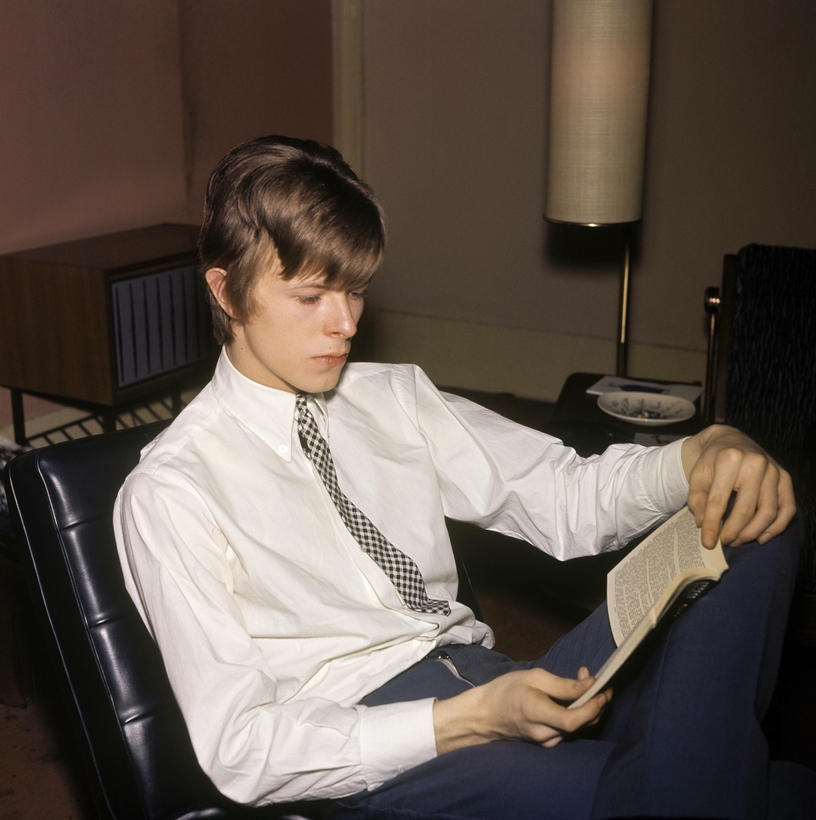No. 37: Zanoni, by Edward Bulwer-Lytton
“In dreams commences all human knowledge; in dreams hovers over measureless space the first faint bridge between spirit and spirit—this world and the worlds beyond … ” —Edward Bulwer-Lytton
Edward Bulwer-Lytton was a rock star before rock stars existed: an aristocratic, bisexual, opium-addicted, paranormal-obsessed Orientalist dandy rumored to have had affairs with both Byron’s oddball mistress, Lady Caroline Lamb, and Prime Minister Benjamin Disraeli. Tragically for a man so vain, Lytton is better known now for inspiring the plot of Wilkie Collins’s The Woman in White—he had his wife, Rosina, confined to a lunatic asylum—and for originating the phrases “It was a dark and stormy night” and “The pen is mightier than the sword” than for any of his literary achievements. Lytton also maintained a successful parallel career as a politician: he entered Parliament in 1831, rising to the post of colonial secretary in 1858.
Lytton found success early with so-called silver-fork romances such as Pelham. After that he had a crack at almost every genre, attracting a larger readership than either Charles Dickens or Sir Walter Scott did, but in later life he seemed most comfortable churning out ghost stories and occult-tinged science fiction such as The Coming Race, a novel about super-intelligent aliens called Vril-ya who live underground and intend to invade our surface world when they run out of room. Bowie had clearly read this—or at least The Morning of the Magicians, which links the novel to a secret interwar community of German proto-Nazis called the Vril Society—by the time he recorded Hunky Dory. He namechecks it in “Oh! You Pretty Things,” a deceptively jaunty warning to parents that they are about to be supplanted by their super-intelligent alien children.
Personal Favorite
Judged on purely literary merit, Zanoni is awful, overwrought even by Lytton’s standards. William Makepeace Thackeray dismissed it as “premeditated fine writing” and mocked its author’s affectations: “If he would but leave off scents for his handkerchief, and oil for his hair: if he would but confine himself to three clean shirts a week, a couple of coats a year, a beef-steak and onions for dinner … how much might be made of him even yet.” You can’t imagine anyone reading Zanoni for pleasure, though Lytton considered it his best book, calling it “this well-loved work of my matured manhood.” Which is one way of putting it.
Zanoni is about Rosicrucianism, a spiritual movement that holds that the world is run by a clandestine network of alchemists and sages possessing special knowledge passed down from ancient civilizations. (In fact, Rosicrucianism and its alleged originator, a knight called Christian Rosenkreuz, were the jokey invention of a 17th-century German theologian.) This notion fed into Bowie’s cocaine-fueled mid-1970s obsession with U.F.O.’s, hermetic magic, and the occult roots of Nazism.
As well as being friends with Eliphas Levi, Lytton was a devotee of theosophy, the Eastern-tinged philosophical tradition partly based on Rosicrucianism and founded by another of Lytton’s chums, Helena Blavatsky. A Russian mystic, Blavatsky claimed to have traveled alone in Tibet, where she acquired esoteric powers from an “adept” called Master Morya, the reincarnated form of King Arthur, Sir Thomas More, and Akbar the Great, founder of the Mughal Empire.
Zanoni fed into Bowie’s cocaine-fueled mid-1970s obsession with U.F.O.’s, hermetic magic, and the occult roots of Nazism.
The novel’s eponymous hero is a rich, exotic stranger (“mysterious, haunting, yet beautiful and stately”) who confounds the Neapolitan high society he moves in by seeming never to age. It turns out he is one of the Rosicrucian elect, a genius whose job is to diffuse knowledge downward through society (“The few in every age improve the many”); immortal, as long as he resists every human tie. But he falls in love with an opera singer, Viola Pisani, which would be complicated enough without the appearance on the scene of a rival for Viola’s affections—Glyndon, an Englishman whose life Zanoni saved a little earlier on.

When Viola discovers Zanoni’s secret—she disturbs him in the private chamber where he recharges his Rosicrucian powers—she is horrified (“Why did I never recoil before from thy mysterious lore?”) and moves with Glyndon to revolutionary Paris, where, for reasons that need not detain us here, she’s sentenced to death by guillotine. Having followed the pair to the city, Zanoni gallantly steps in and saves her by offering his neck instead.
It isn’t absurd to see Zanoni as a forerunner of comic-book superheroes such as Batman and Spider-Man. And it’s uncanny, or perhaps not, how much Zanoni resembles both Thomas Jerome Newton—Bowie’s character in The Man Who Fell to Earth, whose power fades as he acquires all-too-human addictions to alcohol and television—and John Blaylock, the vampire cellist Bowie plays in Tony Scott’s film The Hunger. Blaylock could even be Zanoni reborn, for he is supposed to have married his equally sharp-toothed wife in 18th-century France …
Like most dandies, Lytton never came to terms with aging. Portrait artists were encouraged to paint him as a young man, but Victorian cameras could not lie so easily. Confronted by a photograph taken of himself in 1871 he was appalled, comparing his appearance to “the ghost of a retired butler who has perished in a snow storm.”
Read it while listening to: David Bowie’s “Oh! You Pretty Things”
If you like this, try: Edward Bulwer-Lytton’s The Coming Race

